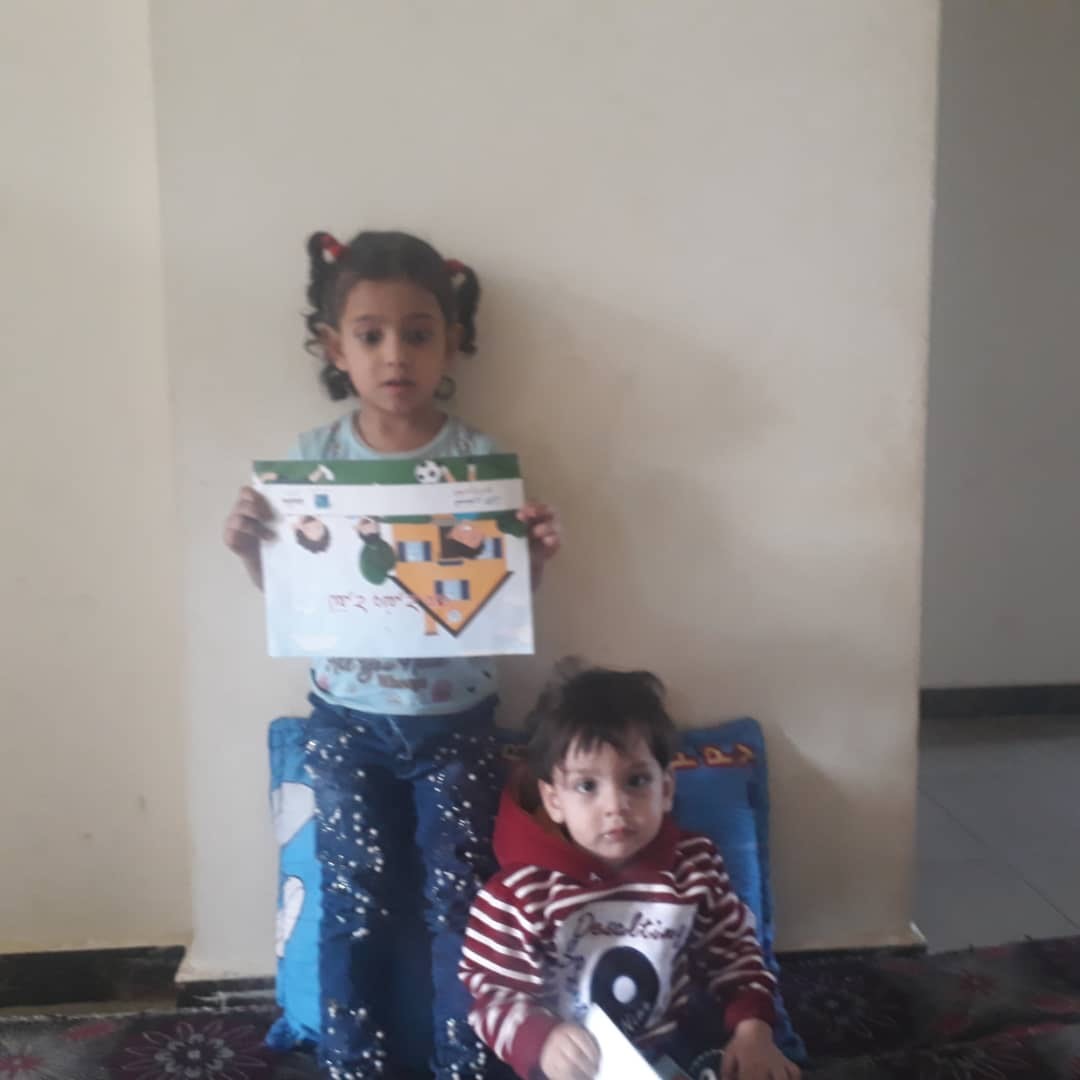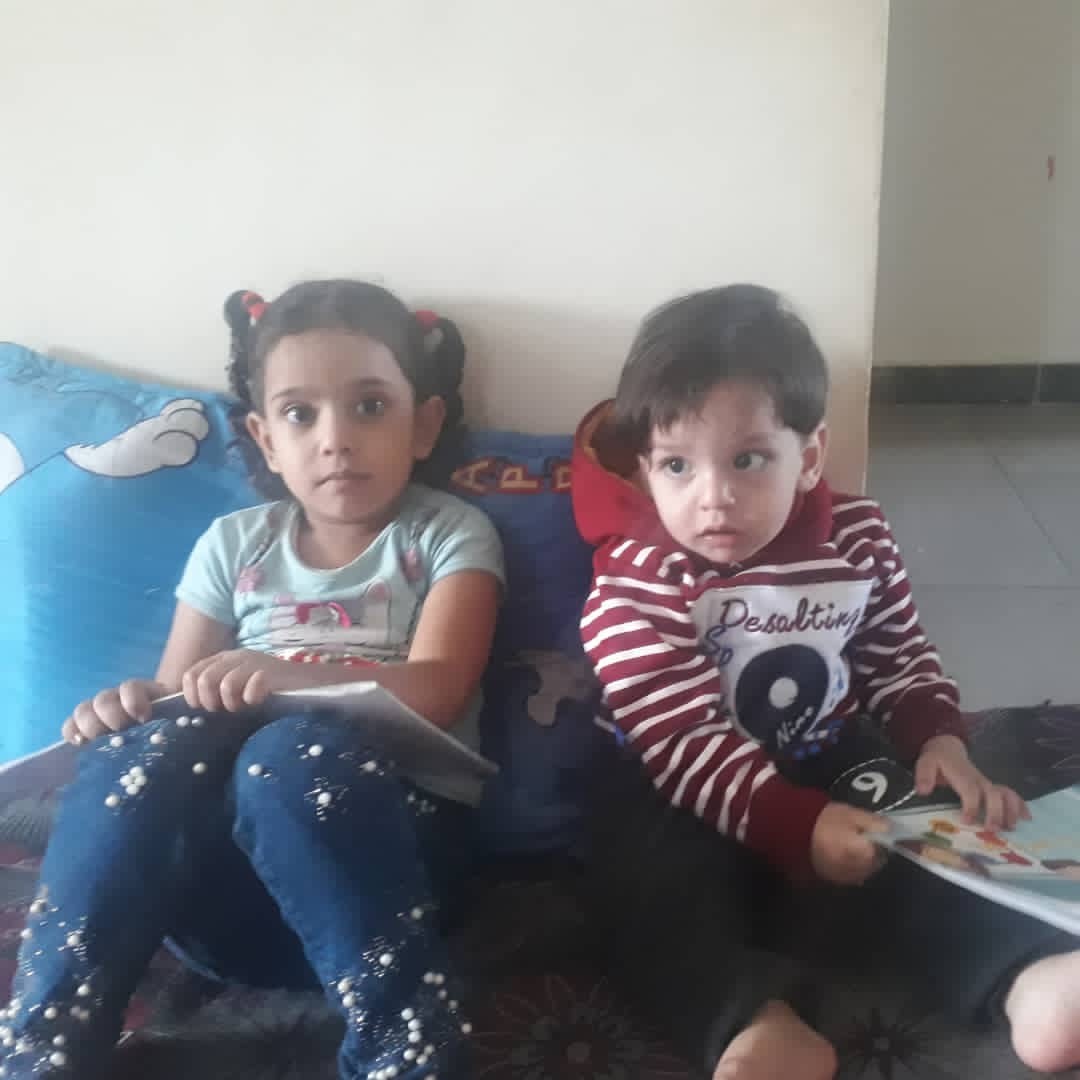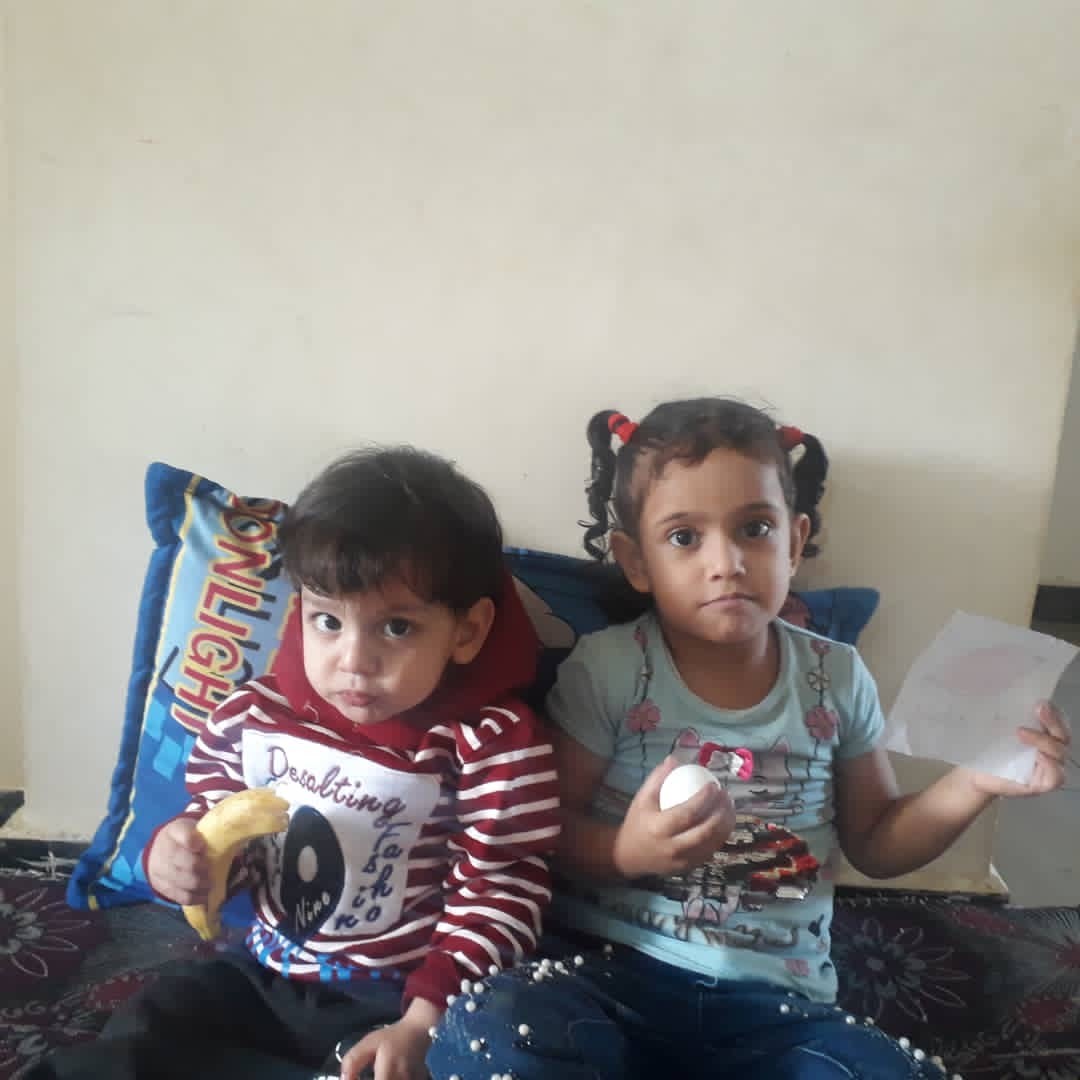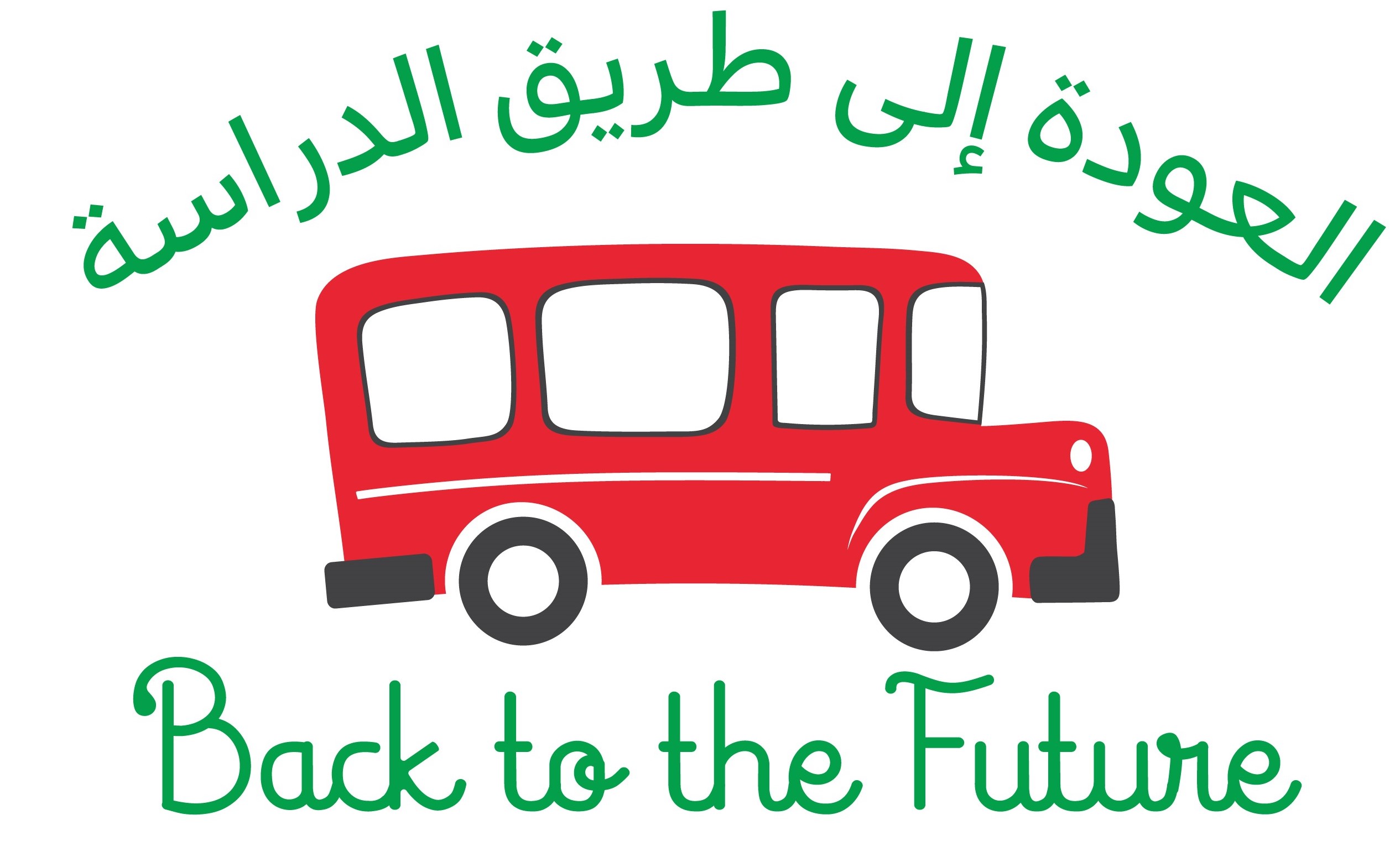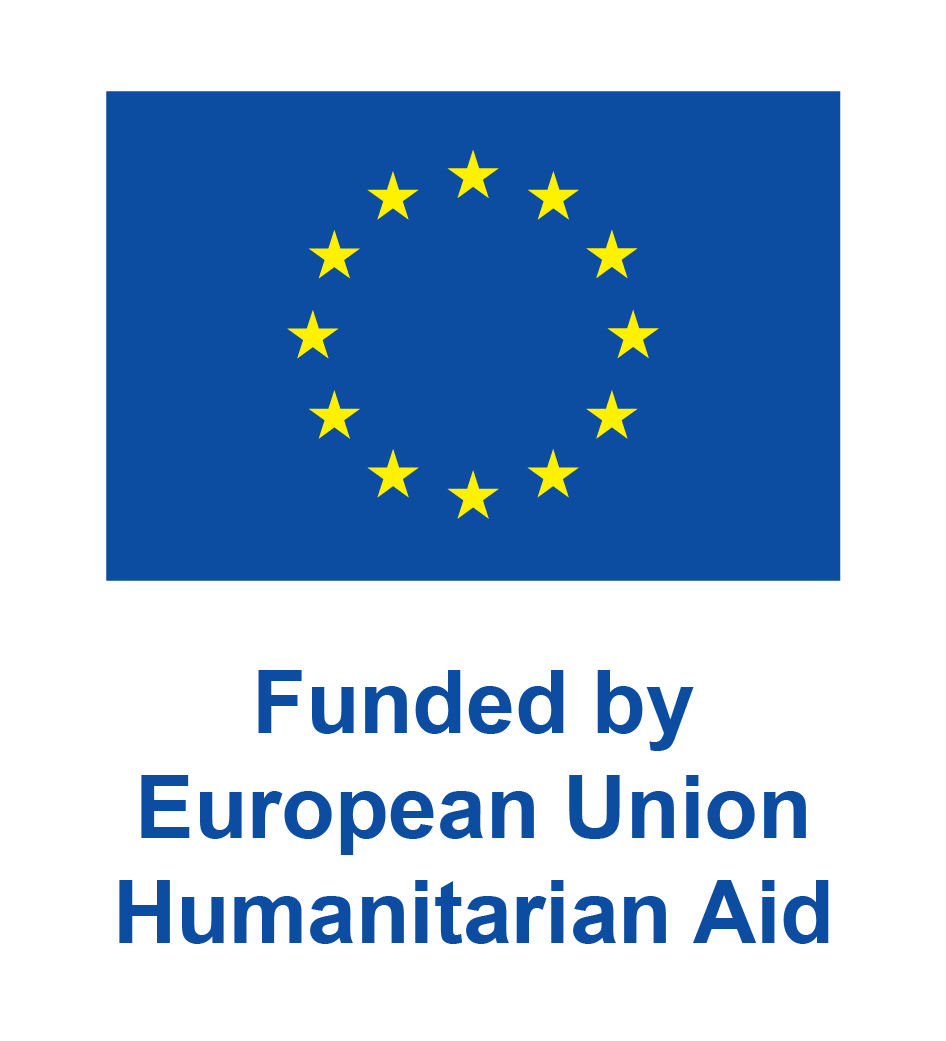The Story of Nada
December 2020
It’s difficult, to say the least, for children fleeing the war in Syria; they tend to be the most vulnerable. It’s even harder for children with disabilities. Such is the case of Nada.
Nada fled Syria with her family when she was just a few months old and settled in Jabal al Baddawi in North Lebanon, escaping the war. Now four, Nada’s parents noticed she has a speech problem and was unable to put 3 letters together to form a word, and they didn’t have the financial capacity to take her to a doctor.
Nada was shy and anti-social, even with her own relatives. During the outreach process for remote learning CBECE, Nada’s parents were informed about the program and that their daughter was eligible. They were hesitant at first as they were not sure if she would cope or if the program would even take Nada’s case into consideration. But at the end they were convinced and decided to give it a try.
“At first, I thought my daughter cannot learn because of her disability because this is what we know about disability from our culture. But now, she is learning and she is improving quickly, she proved to her family and community that she is able!” Nada’s mother said.
In parallel, she was referred to specialized services to get the needed medical intervention. The program started and Nada was receiving segregated work with appropriate accommodation and modifications. She started interacting with the videos and responding to the teacher in her own way. Her mother said Nada kept watching the lesson, repeating the tasks and miming the songs. The mother said that she noticed significant improvement, not only academically, but also in her social and emotional skills. The parents are very happy with the results and they hope that the COVID situation gets better soon so that Nada can experience face to face sessions as well.
“Before joining the program, my daughter used to be shy. Now she has more self-esteem and tries sharing what she is learning with our neighbors’ children.” Nada’s mother adds.
When we receive children at our centers with speech difficulties, we accommodate the learning environment to meet their needs and we adapt the activities to make sure they are effectively included in them. In the remote learning modality, children were receiving materials that meet their specific needs. They were communicating with teachers through video calls and video recordings. Learning aids from their own environment and houses were created to enhance the overall communication. All children with speech difficulties who are attending our centers are also referred to specialized services such as speech therapy.
Nada is one of many children who were out of school and were provided the opportunity to receive proper education through our Back To The Future centers. With the relevant awareness that the project provides for the caregiver, their perception of disability was changed and they registered their children in the learning center. Once Nada completes all three levels of CBECE program, she will be able to join more formal education. BTTF centers are inclusive and cater for needs of all children, with no exceptions.
“I tell every parent of a child with difficulty or disability, to believe in their children and their ability to learn. Never underestimate your child’s capability”
Back to the Future’ project is funded by the @EUinLebanon and run in partnership by AVSI Middle East, War Child Holland in Lebanon, and Terre des hommes Italy in Lebanon.
Back to the Future is funded by the European Union, through the EU Regional Trust Fund in response to the Syrian crisis, the EU Madad Fund, and implemented in partnership with AVSI, Terre des Hommes Italy in Lebanon and War Child Holland in Lebanon.
